Embrace Green Living: The Top 10 Air-Purifying Plants for Your Home in India
Nature WorldWide March 7, 2024 0
Turning to nature’s air purifiers can be a game-changer in the quest for a healthier and more harmonious home environment. Indoor plants not only add a touch of natural beauty to your living spaces but also play a crucial role in filtering out pollutants and improving air quality. In this blog post, we present the top 10 Air-Purifying plants that are well-suited for homes in India.
Spider Plant (Chlorophytum Comosum):
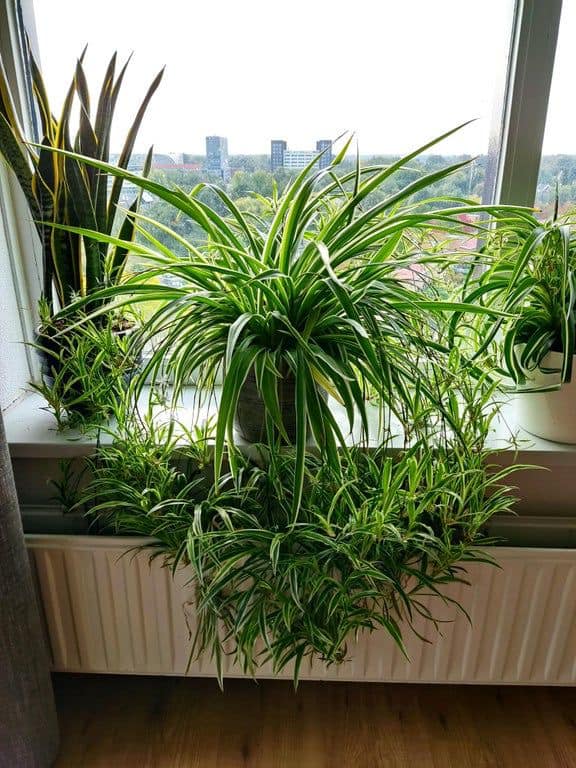
Known for its resilience and adaptability, the Spider Plant is an excellent choice for Indian households. It effectively removes common indoor pollutants like formaldehyde and xylene.
Ideal for hanging baskets, the Spider Plant thrives in indirect sunlight and requires minimal maintenance.
Read More: Top Plants to Plant at Home in India
Aloe Vera (Aloe barbadensis miller):
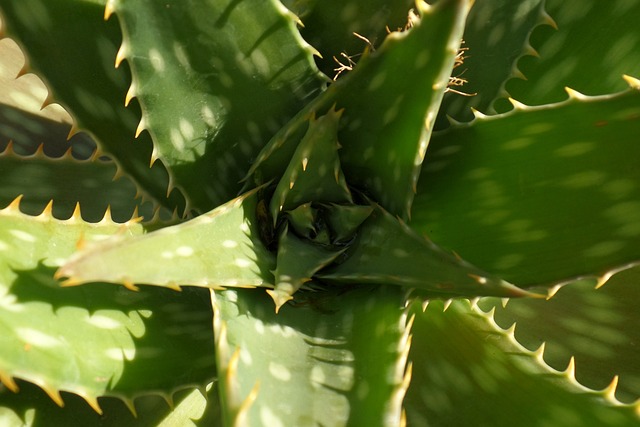
Beyond its renowned healing properties, Aloe Vera is a powerful air purifier, particularly effective against formaldehyde and benzene.
This succulent prefers bright, indirect light and infrequent watering, making it a practical choice for busy households.
Snake Plant (Sansevieria trifasciata):
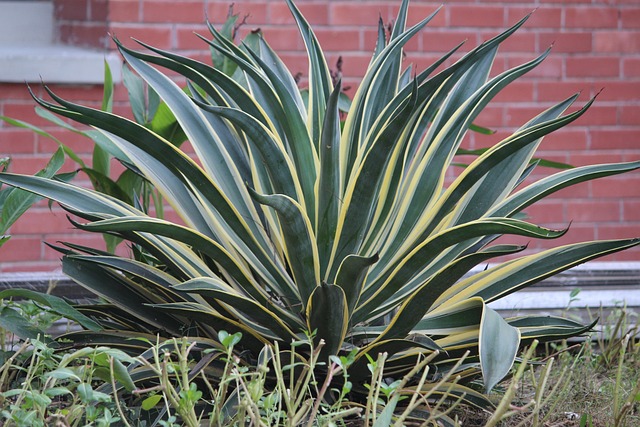
With its striking upright leaves, the Snake Plant is a hardy and low-maintenance option for air purification.
It excels in removing toxins such as formaldehyde, benzene, and trichloroethylene and can thrive in low-light conditions.
Read More: Sacred Trees, Plants and Fruit in Hindu Culture
Peace Lily (Spathiphyllum spp.):
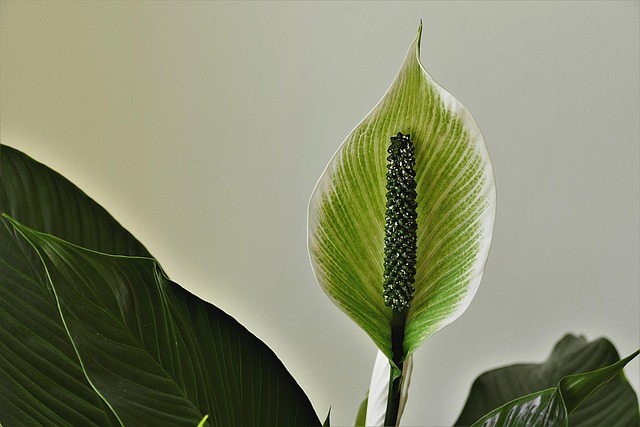
Renowned for its elegant white blooms, the Peace Lily is not just a visual delight but also an effective air purifier.
It helps eliminate pollutants like ammonia, benzene, and formaldehyde. Keep it in shaded areas with consistent moisture for optimal growth.
Money Plant (Epipremnum aureum):
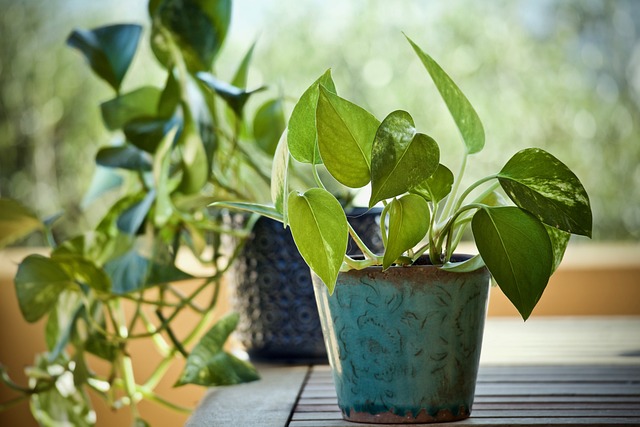
Also known as Pothos, the Money Plant is a popular choice for its adaptability and air-purifying qualities.
It excels at removing indoor pollutants like formaldehyde, benzene, and xylene and can thrive in various light conditions.
Read More: 10 Ayurvedic Plants You Must Have At Home
Areca Palm (Dypsis lutescens):

The Areca Palm, with its graceful fronds, is an attractive and effective air purifier, particularly targeting formaldehyde.
Thriving in bright, indirect light, this tropical plant requires regular watering and well-draining soil for optimal growth.
Rubber Plant (Ficus elastica):
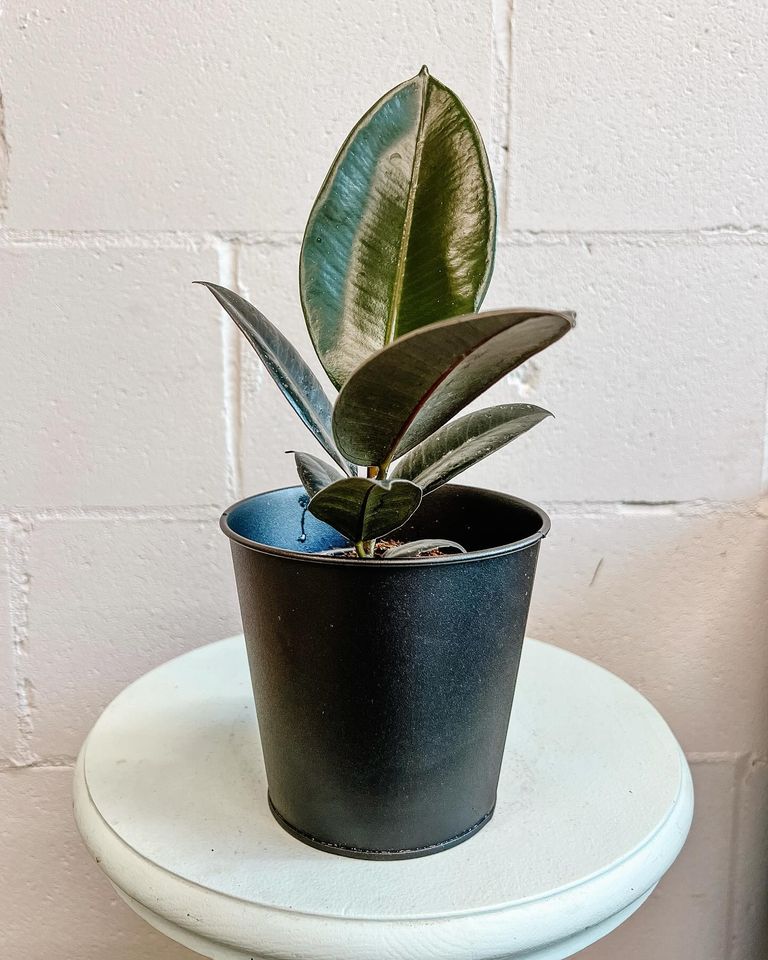
The Rubber Plant is a versatile and robust air purifier known for removing common indoor pollutants.
It adapts well to different light conditions but thrives in bright, indirect light. Allow the soil to dry between waterings for healthy growth.
Read More: Top Best 10 Air Purifying Plants Available in India
Boston Fern (Nephrolepis exaltata):
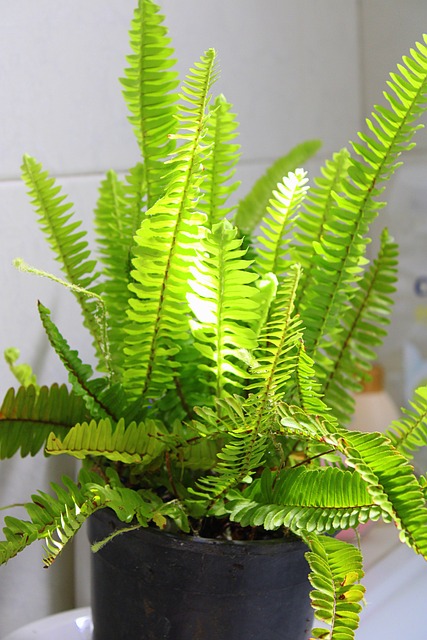
Boston Ferns are lush and vibrant air-purifying plants that excel at removing pollutants like formaldehyde and xylene.
These ferns prefer indirect light and high humidity, making them ideal for bathrooms or kitchens.
Chrysanthemum (Chrysanthemum morifolium):
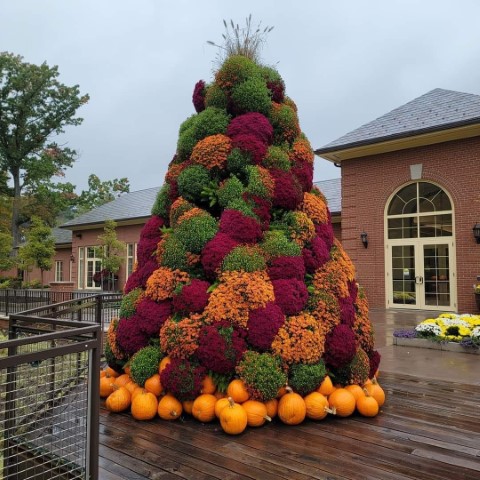
Beyond its vibrant blooms, the Chrysanthemum is known for its air-purifying abilities, particularly against benzene.
Place these flowering plants in bright, indirect light and enjoy both their visual appeal and air-cleaning properties.
Read More: Top 12 Religious Trees and Plants of India
Bamboo Palm (Chamaedorea seifrizii):
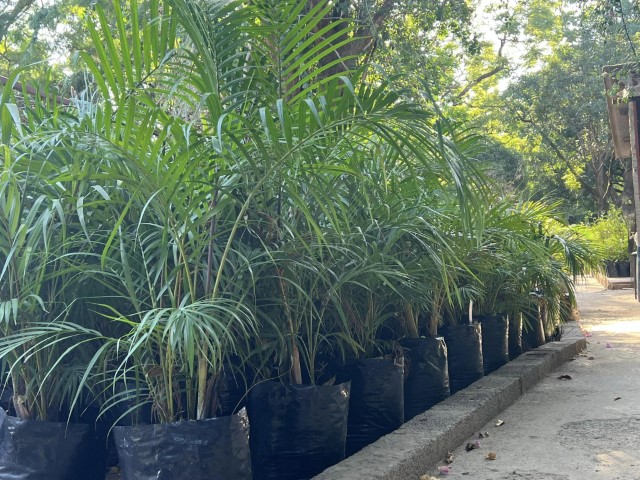
The Bamboo Palm, with its feathery leaves, is an excellent choice for removing indoor pollutants, including benzene and trichloroethylene.
Thriving in indirect light, this palm requires consistently moist soil, making it a wonderful addition to living spaces.
Conclusion:
As you embark on the journey to create a healthier home environment, consider bringing these top 10 air-purifying plants into your living spaces. Not only do they enhance the aesthetics of your home, but they also contribute to cleaner, fresher air. Embrace the green revolution and breathe easy with these natural air purifiers that thrive in the diverse climate of India.




